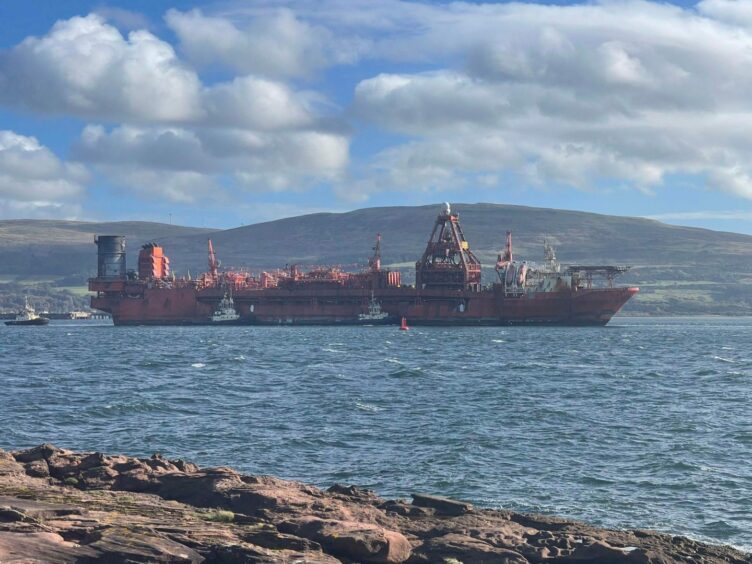
Viaro Energy has explained its decision to offload its interest in a West of Shetland field, thought to still hold vast oil reserves.
Chief executive of the independent, Francesco Mazzagatti, described the deal to sell its stake in Foinaven to BP (LON: BP) as a “very good transaction for both parties”.
He also underlined the maturity of the field, as well as uncertainty over whether it would be redeveloped, as the key drivers behind the decision to divest the 28% non-operated stake.
BP agreed to acquire Viaro’s Foinaven interest in 2021, which it in turn had bought from RockRose Energy in 2020.
The deal, which also included Viaro’s 43% in the Foinaven East field, took the supermajor’s holding in the field to 100%.
In the run up to the deal, the namesake FPSO that produce Foinaven had been at the centre of a string of health and safety issues, including cracks in the ship’s hull.
A few months later, the vessel left the field for Hunterston on the east coast of Scotland – it is currently being decommissioned in Denmark.
Speaking following Viaro’s acquisition of Spark Exploration last week, Mr Mazzagatti said: “Foinaven’s a mature asset and we didn’t know whether it was going to be redeveloped or not because there wasn’t a clear strategy.
“We went to BP and asked if they’d like to buy the stake from us, and it turned out to be a very good transaction for both parties.”
Foinaven was the first field west of Shetland to begin production, in 1997, and while the FPSO has left the field, most expect it to be redeveloped, either by BP or a new owner.
Estimates place Foinaven’s remaining reserves at 200 million barrels of oil, and analysts have suggested an independent could make a move for the asset.
But while the first windfall tax may have made the field more attractive, the energy profits levy (EPL) increase, announced in November, may do the opposite.
Talking about the policy more generally, Mr Mazzagatti said: “The EPL was not welcome to us, or the other North Sea operators, at all.
“We have faith that the common sense of politicians will prevail, and eventually they will fix the windfall tax. Right now, commodity prices are not that high, so we hope that the government will review the tax regime and bring back a normal situation, or at least a price floor in the policy.”
Recommended for you


 © Luigi Gioretti
© Luigi Gioretti